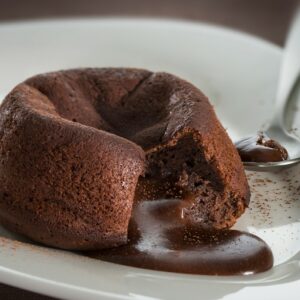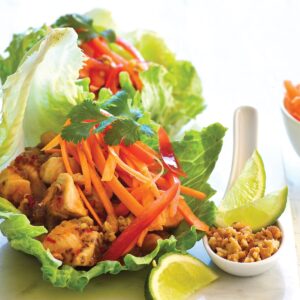
Sore tummies can be caused by constipation, excess wind or diverticulosis. We investigate the causes, symptoms and what you can do to alleviate them.
Constipation
What is it?
Constipation is a common digestive complaint which involves difficulty in opening the bowels.
What causes it?
It is most often a result of an inappropriate diet and lifestyle. In particular, the diet may be lacking fruits, vegetables, legumes and whole grain cereals. There may also be an insufficient intake of fluids.
Symptoms
As well as going to the toilet less frequently than usual and passing bowel motions that are small and hard, you might also find yourself straining, or suffering pain and discomfort.
What you can do
The most common advice to sufferers of constipation is to increase the amount of fibre in the diet. Go for high-fibre breads and cereals, have lots of pulses, try wholemeal pasta and rice, and use wholemeal flour in baking.
Also, have plenty of fruits and vegetables every day with meals and as snacks. As well as eating the right foods it's important to have lots of fluids; it is recommended we consume at least 6-8 glasses of fluid a day. Keeping active by exercising regularly can also be helpful.
Wind
What is it?
Wind is the accumulation of excess gas in the digestive tract. Most people, on average, pass wind 15 times a day, but anything up to 40 times in one day is considered normal.
What causes it?
Air can be swallowed along with food or drink, or can be produced by the bacteria that live in our gut, which break down undigested food. It has been estimated that bacterial gases can account for almost three quarters of
flatulence produced.
Also, some medical conditions are associated with producing excess gas, for example irritable bowel syndrome and coeliac disease.
Symptoms
Excess gas can result in belching, bloating and flatulence.
What you can do
Avoid eating food too quickly or gulping down drinks, as this will minimise the amount of air that is swallowed. If a particular food causes symptoms, you may want to reduce the amount you eat or avoid it altogether.
Some of the foods that are well known to lead to excess gas production are beans, cauliflower, cabbage and Brussels sprouts.
These are all healthy foods, so if you do want to try reducing your intake of any of these, just make sure you substitute different fruits and vegetables into your diet.
Diverticulosis
What is it?
Diverticulosis is a condition where pouches, or 'diverticula', develop in the weakened walls of the intestine, usually in the colon. Constipation can make the problem worse. Inflammation and bacterial infection can occur in these pouches as a result of faeces being trapped; this is known as diverticulitis.
What causes it?
Diverticulosis is often associated with constipation and a low intake of dietary fibre and is common in older people. In fact, it has been estimated that two thirds of people over 80 years of age have diverticulosis.
Symptoms
Symptoms of diverticulosis can include abdominal pain, diarrhoea and fever.
What you can do
If you have acute symptoms as a result of inflammation (diverticulitis) then it's best to avoid foods that may cause irritation or that are poorly digested, for example onions, fruit and vegetable skins, seeds and nuts.
Often the symptoms will mean you lose your appetite so a bland diet might be the one you automatically go for anyway. As symptoms improve, normal food intakes can gradually be resumed.
To reduce the risk of reoccurrence, long-term changes to diet should be adopted. In particular, you should increase fibre and fluid intake, and fruits, vegetables, pulses and wholegrain cereals should be included in the diet on a regular basis.
www.healthyfood.com











